Argyle Garden
Grantee: VanDusen Master Gardeners (North Shore)
Fund by: Nancy Farran Compelling Opportunities Fund
Grant Program: Community Grants
The Pollinator Garden is a four-season outdoor ‘garden classroom’ that offers a venue for pollinator education, observation, appreciation and research with a myriad programming possibilities that invite community members participation of researchers, educators, gardeners and ‘citizen scientists’ to witness and discover the vital role of pollinators.
On June 13, 2023, lead volunteer, Jane, and other volunteers, held a casual talk and get together with a plant giveaway. The wind and the rain held off and a lovely time was held by all.
The talk continued in the garden where we were able to see first hand the variety of plants for a variety of insects and birds.
Did you know:
- Honeybees are active for 12 months of the year and overwintering queen bees start to emerge in late January so we need flowers in bloom for twelve months of the year to provide pollen and nectar for them.
- In addition to butterfly friendly plants, you should plant some plants that provide food for the caterpillar stage of butterflies. Oceanspray, Rose Spirea, Salal, Douglas Aster, Native Strawberries and Nodding Onion are some good ones.
- Varying flower forms support a wide range of bees. Bees differ in size and shape so forage on different flowers. Some have long straw-like tongues while others have short tongues.
Stop by and visit the garden. If you are interested in creating a community pollinator garden in your neighbourhood, check out our Neighbourhood Small Grant program – you may be eligible for a $500 grant to hold a project similar to Kim’s Butterfly in My Backyard project. .
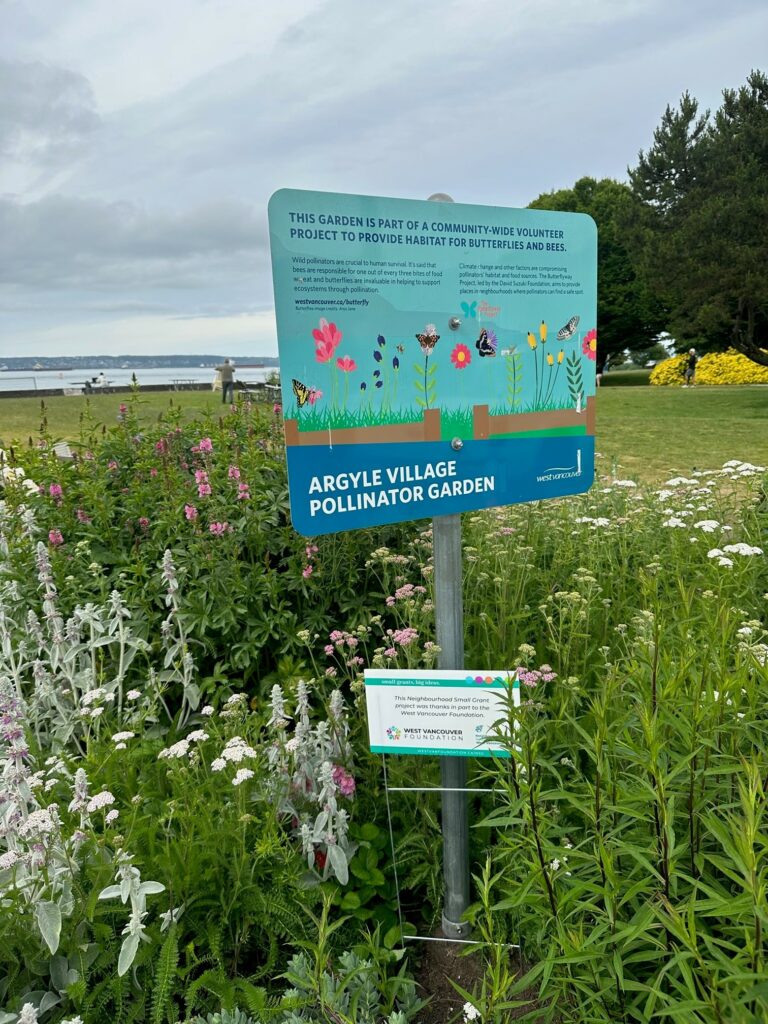
"Have plants that butterfly caterpillars want to eat and then don't think of it as bad that a bug is eating your garden, but 'oh good, its leaf lace'. "
Jane, Master Gardener and Volunteer
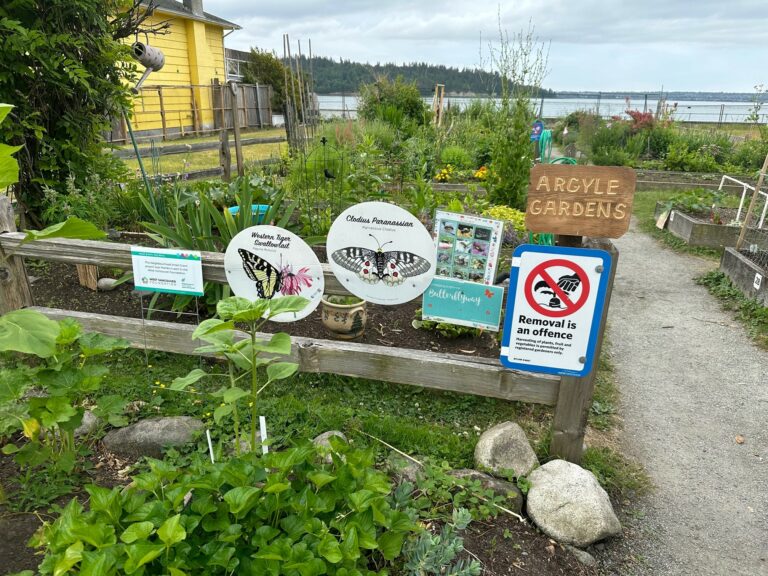
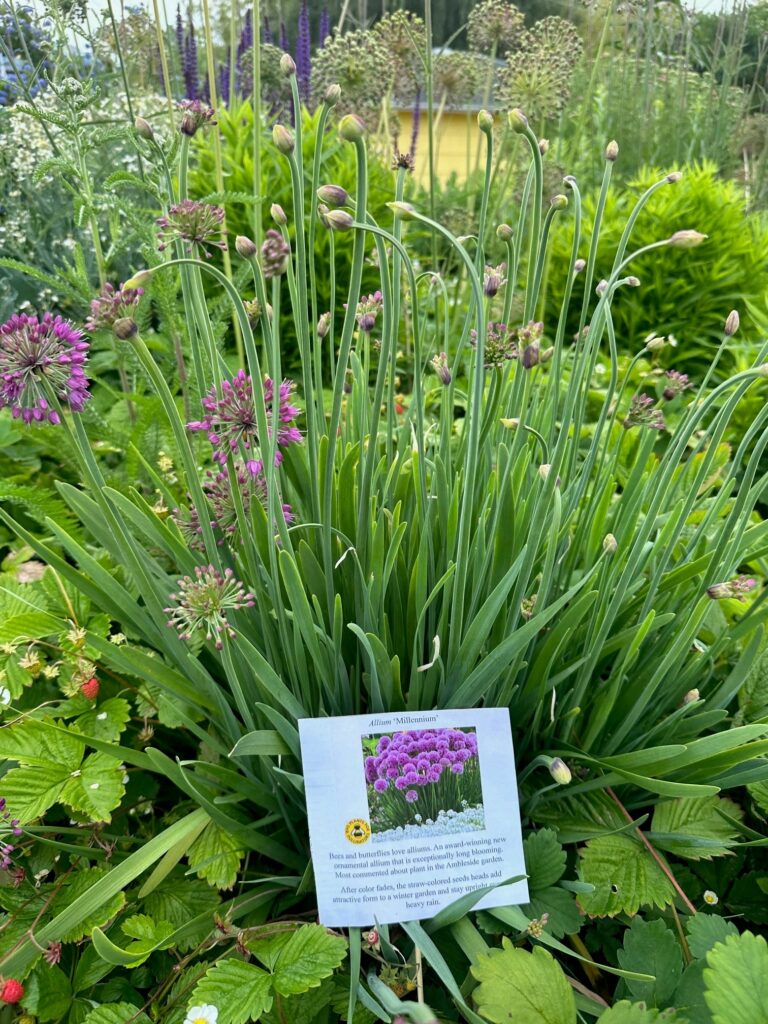

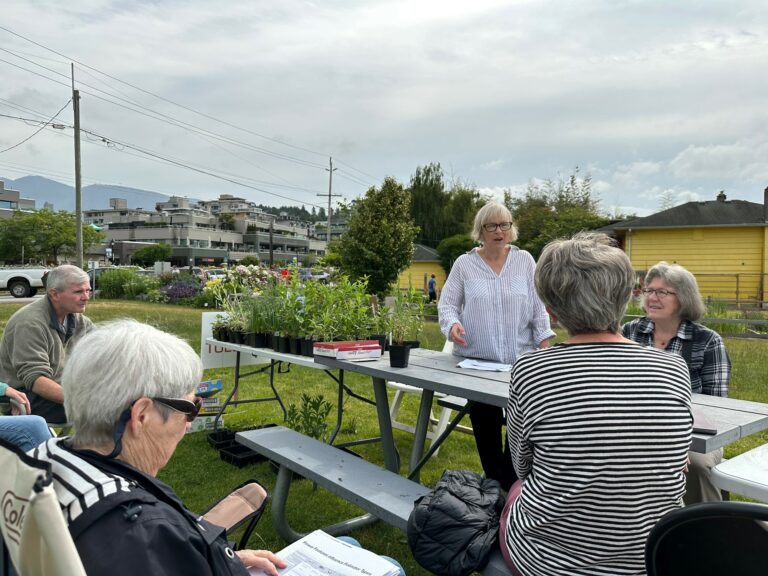
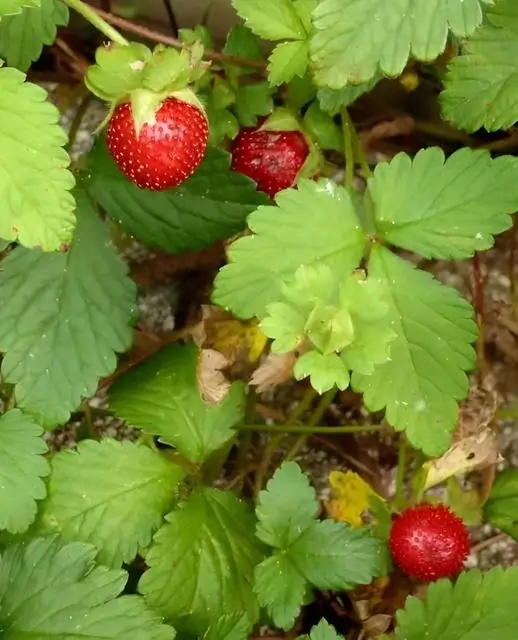
Want to learn more about the West Vancouver Foundation and get the latest news? Subscribe to our e-newsletter.